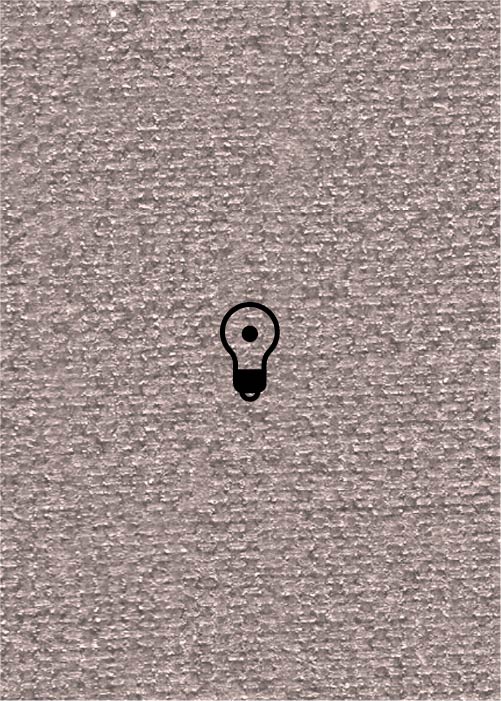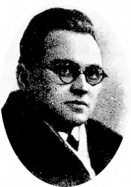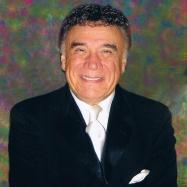(1783 results found)
La Gallarda matadora
… 2 Petenera … Our Song of the Month is dedicated to Sephardic music and … their diasporic communities Sephardim sang a repertoire of songs in Ladino, belonging to different genres such as … sources as well. The performed repertoire of Ladino songs was maintained mostly by oral transmission, primarily …
Leo Wiener
… of America Vols. I-III (1922). Weiner translated Yiddish songs and poems. The poet he valued most was …

Patsh Tants (LKT)
… a shemele ’ If a man such as Eliokum Tzunser sang a dance song like this at weddings, it is certain that it was … Moshe Beregovski, who brings these two verses from Zunser’s song, learns from it that this was apparently a solo dance …
Sol Zim
… See also Sol Zim at Wikpedia. See a selection of Sol Zim songs in Youtube . Sim Shalom / Sol Zim: … American …

Kozatske (LKT)
… you get the full reference. “In the [Yiddish folksong] Hatskele , a poor aunt asks the musicians to play her …

Kozatshok (LKT)
… widespread dance tune kozačok ) and a great number of folk songs sung to the melodies of popular Ukrainian songs.” Beregovski 1935 [= Beregovski/Slobin 1982, p. 525] … The popularity of the kozachok is also reflected in folk songs. One of them begins with the following words, …

Kaboles-Ponem (LKT)
… shtetl with the groom took place to the sound of music and song... Soon thereafter the badkhn introduced himself with …

Lanse (LKT)
… ” Cahan 1938, p. 306 (#86) . “ ‘Bay a lanse. ’ This song, and also #219, is a dance-improvisation with a biting …

Pastukhel (LKT)
… and then found sheep formed the basis for the popular folk song ‘Dos pastekhl’ or ‘a pastekh’ (‘The/A Sheperd’). which … is one of the richest and most beautiful of Yiddish folk songs. A certain non-Jewish influence heard in the melody is … other things, from the mixed Yiddish-Ukrainain text of the song. This means that the Moldavian theme of the lost and …

Volekh (LKT)
… . (Musical notation included). “Some southern hassidic songs show the influence of the Romanians; these songs are therefore known under the name ‘Wolochl’ [i.e., … “The fact that a number of [Jewish] instrumental pieces and songs are called ‘Volekhl’ or ‘Volekh’ does not prove that …





